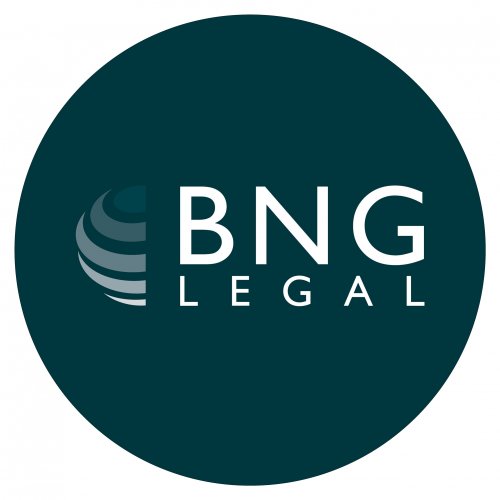Best Employer Lawyers in Cambodia
Share your needs with us, get contacted by law firms.
Free. Takes 2 min.
Or refine your search by selecting a city:
List of the best lawyers in Cambodia
About Employer Law in Cambodia
The employer labor law in Cambodia is a complex set of legal guidelines that governs the relationship between employers and employees. It addresses issues like hiring practices, wage payments, benefits, working hours, safety standards, and fair treatment in the workplace. The country's labour laws are well-defined and are primarily outlined in the Cambodian Labor Law of 1997. They ensure the rights of employees, while also outlining the responsibilities and obligations of the employers.
Why You May Need a Lawyer
Whether you're an employer or an employee, you might require a lawyer to ensure your rights are protected. Some common situations that may require legal assistance include, but are not limited to, wrongful termination cases, disputes related to wages or benefits, issues related to workplace safety, or cases of harassment or discrimination at work. Employers may need a lawyer for counsel on compliance with labor laws, drafting of employee contracts, representation in labor disputes, and addressing allegations of unfair employment practices.
Local Laws Overview
The Cambodian Labor Law of 1997 is the major labor legislation in the country. Some of the key aspects of these laws include - prohibition of forced labor and child labor, protection of employees' rights regarding safe working conditions, right to fair pay and benefits, limitation on working hours, provision for leaves and rest, and protection against unjust termination of employment. Non-compliance with these regulations may result in penalties for the employers.
Frequently Asked Questions
What are the basic rights of employees in Cambodia?
In general, employees in Cambodia have the right to fair pay and safe working conditions, among other protections. They are also protected from wrongful dismissals and are entitled to overtime payment and leave benefits.
Can employers terminate an employee without notice in Cambodia?
No, the Cambodian labor law stipulates that employers must provide proper notice or pay in lieu of notice before terminating an employment contract.
What is the maximum permitted weekly working hours in Cambodia?
The maximum allowed working hours per week is 48 hours according to Cambodia's labor law.
What is the law about employment of minors in Cambodia?
The Cambodian labor law prohibits the employment of minors below the age of 15. Minors aged 15-18 may be employed under certain conditions.
Do employers have to provide benefits to employees in Cambodia?
Yes, employers are obligated to provide their employees with certain benefits such as annual leave, public holidays, sick leave, special leave, maternity leave and workers’ compensation insurance.
What to do in case of an employment dispute?
In event of an employment dispute, it is recommended to consult a lawyer. They can guide on the legal recourse available as per Cambodian labor laws.
Additional Resources
The Ministry of Labor and Vocational Training in Cambodia is a key governmental body that oversees labor issues in the country. Individuals can also contact the National Social Security Fund (NSSF) for issues related to social security benefits. For legal support, it might be helpful to approach legal aid organizations or labor law specialists in Cambodia.
Next Steps
If you need legal assistance related to labor laws in Cambodia, it's recommended to consult with an attorney who specializes in employment law. They can provide apt legal advice and represent your interests effectively. You may also consider reaching out to governmental bodies like the Ministry of Labor and Vocational Training and the NSSF for further guidance.
Lawzana helps you find the best lawyers and law firms in Cambodia through a curated and pre-screened list of qualified legal professionals. Our platform offers rankings and detailed profiles of attorneys and law firms, allowing you to compare based on practice areas, including Employer, experience, and client feedback.
Each profile includes a description of the firm's areas of practice, client reviews, team members and partners, year of establishment, spoken languages, office locations, contact information, social media presence, and any published articles or resources. Most firms on our platform speak English and are experienced in both local and international legal matters.
Get a quote from top-rated law firms in Cambodia — quickly, securely, and without unnecessary hassle.
Disclaimer:
The information provided on this page is for general informational purposes only and does not constitute legal advice. While we strive to ensure the accuracy and relevance of the content, legal information may change over time, and interpretations of the law can vary. You should always consult with a qualified legal professional for advice specific to your situation.
We disclaim all liability for actions taken or not taken based on the content of this page. If you believe any information is incorrect or outdated, please contact us, and we will review and update it where appropriate.
Browse employer law firms by city in Cambodia
Refine your search by selecting a city.










